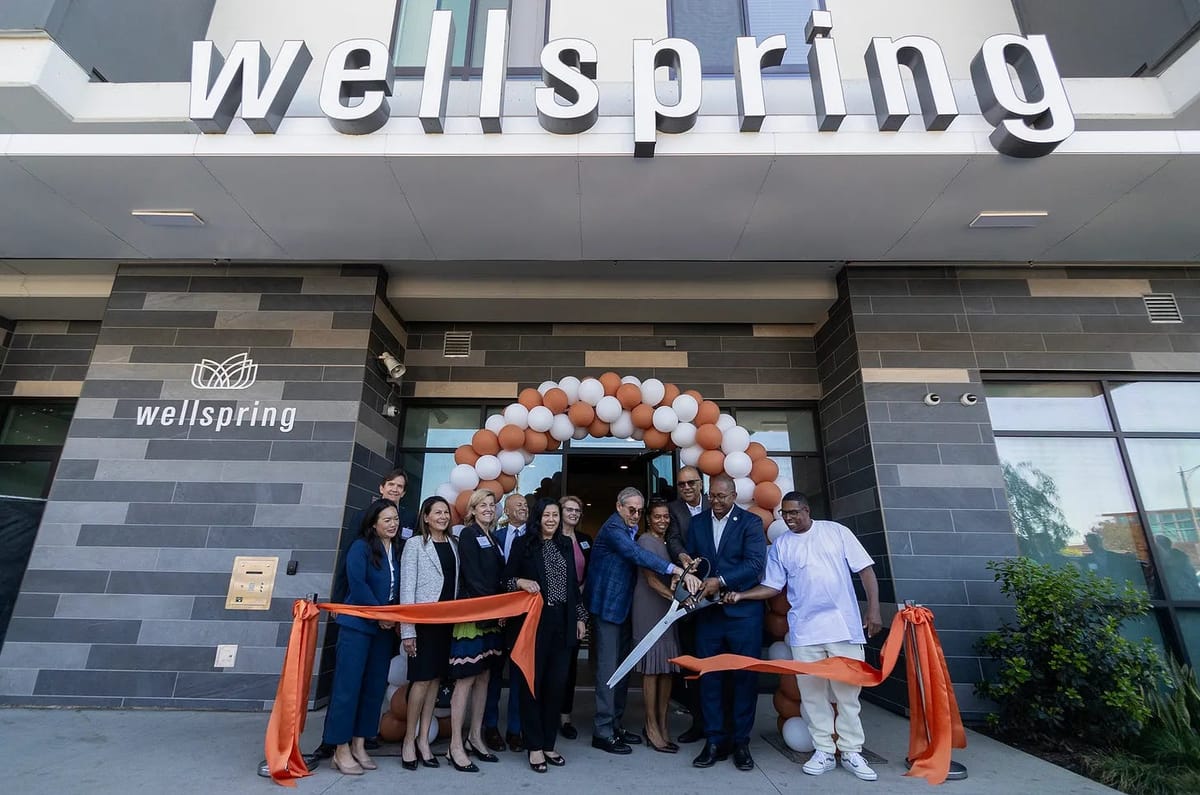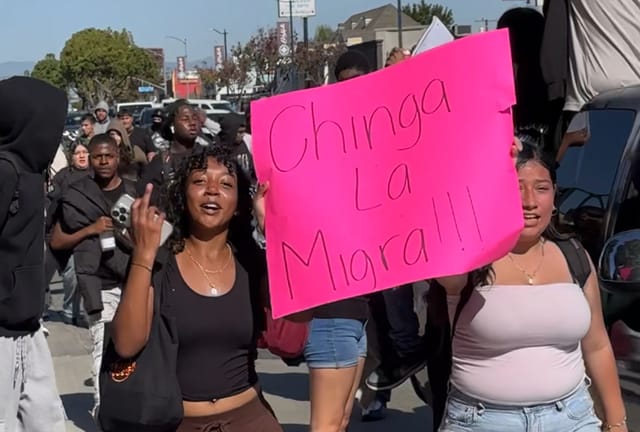Critically Speaking: In search of affordable housing
Should the entire city pitch in?

The rent is too damn high!
Jimmy McMillan founded a political party in New York over the notion that rent is unaffordable and he was later turned into a meme. And it’s one of those memes that’s had staying power because, well, the rent continues to be too damn high.
Long Beach is not unlike any other city in California where climbing rents and inflation have made for an untenable situation for tenants. The federal definition for “rent burdened” is when a household is paying over 30% of its income toward housing but recent data shows that upward of 26% of households are paying more than 50% of their wages for housing.
The proliferation of “market rate” housing has helped drive up the cost of rents. The recently opened Inkwell apartment building on the Downtown Promenade is now leasing, but browsing the floor plans could come with a side of sticker shock.
A studio unit is available for about $2,500 per month. A one-bedroom unit with one bathroom is going for $3,440. If you want to splurge for a second bedroom that will cost $3,735 monthly for one of its units.
While the Inkwell was built in a part of the city that has an inclusionary housing ordinance in place, which requires that a certain number of units be set aside for lower-income households, any project that was entitled before the council finally adopted it in February 2021 was exempt.
But now, the city could look at expanding the inclusionary zoning citywide.
Utilities Commission considering rate increases for water, sewer and gas
Jason Ruiz • May 2, 2024

Long Beach Utilities ratepayers could pay more for water, sewer and gas service next year as the department began considering its annual budget Thursday morning that includes proposed increases for all three services. The largest proposed increase is for water s…
Read full story →
That’s part of a proposal from Mayor Rex Richardson is asking the City Council to consider next week as part of a host of measures aimed at making housing more affordable in the city.
The way that the city’s inclusionary housing ordinance works is that a developer is required to set aside 11% of new rental units for very-low-income households and new ownership developments have to set aside 10% for moderate-income households.
That means if you want to build a 100-unit apartment complex, 11 of those units have to be set aside for very low-income households. For a family of four, that’s about $63,000 per year.
Those kinds of requirements, though, have been limited to the Downtown area, which is largely built out, and the Long Beach Boulevard corridor where the Metro A Line runs.
Critically Speaking is published every Friday. Become a Watchdog today.
In his memo to the council, Richardson said that “it is clear that inclusionary zoning in Long Beach does not depress production” and that expanding it citywide should come back to the council for consideration.
There are differing opinions on the effects that inclusionary housing has had in other cities with some experts saying it has slowed housing production, presumably because developers don’t want to lose out on the profits that come with higher-priced units, while others say the effect has been negligible on housing production.
In the most recent Regional Housing Needs Assessment, Long Beach was told it needed to make room for over 26,500 units, with nearly 11,200 of those needed for low-income and very-low-income households. During the previous assessment, Long Beach was tasked with making room for over 4,000 affordable units but less than 700 were actually built.
Long Beach certainly needs more affordable units and making developers work them into units that are predominantly market rate could both boost the number of affordable units and make sure that low-income families are not segregated away from the rest of the community.
Hundreds amass at CSULB for 'Justice in Palestine' rally
Brandon Richardson • May 2, 2024

Follow @_Brandon_E on X for the most up to date coverage. Hundreds of pro-Palestinian protesters gathered at Cal State Long Beach on Thursday morning around 11 a.m. to join a coalition of stud…
Read full story →
What happened this week
The Long Beach Utilities Commission held its first of three budget workshops Thursday where it was shown the first look at what the department’s budget could look like starting in October. While nothing was decided Thursday, it’s clear that water, sewer and gas rates are likely going up next year as the department combats what it says are rising costs for construction, salaries and the water and gas commodities themselves. What does this mean for customers? Well, your monthly bills will likely have several dollars tacked onto them if the proposed increases are adopted by the commission. If you want to be part of the process, the commission is meeting again on May 16 and June 6. The June meeting could be when the commission adopts the proposed rate changes.
Something to keep an eye on
Parking is a hot-button issue in Long Beach and the heat gets turned up higher in certain neighborhoods finding a spot to park can be harder than landing a dinner reservation at Heritage. Alamitos Beach is one of those neighborhoods but the good news is that more parking spaces could be on the way. The city had commissioned a report to see if adding a parking structure at the beach parking lot near Gaucho Beach and behind the Villa Riviera building was possible. That report said it was likely cost-prohibitive, but adding street parking is not. The way the city could do this is by implementing a road diet along Shoreline Drive, something that has already happened to portions of it but is not in place nearest the Alamitos Beach parking lot. Making the road a uniform four lanes across rather than four in some segments and six in others could bring a net 134 street parking spaces as well as other pedestrian improvements. How those changes will be implemented could be revealed in the next year and a city memo said adding street parking won’t interfere with the annual Grand Prix race.
What is this?
Critically Speaking is a weekly civics column by Long Beach Watchdog reporter Jason Ruiz, who has been on strike from the Long Beach Post since March 21.
Donate to the Long Beach Media Guild’s relief fund today to help Ruiz stay in the fight to keep reporting the stories you can’t find anywhere else.
We need your support.
Subcribe to the Watchdog today.
The Long Beach Watchdog is owned by journalists, and paid for by readers like you. If independent, local reporting like the story you just read is important to you, support our work by becoming a subscriber.





